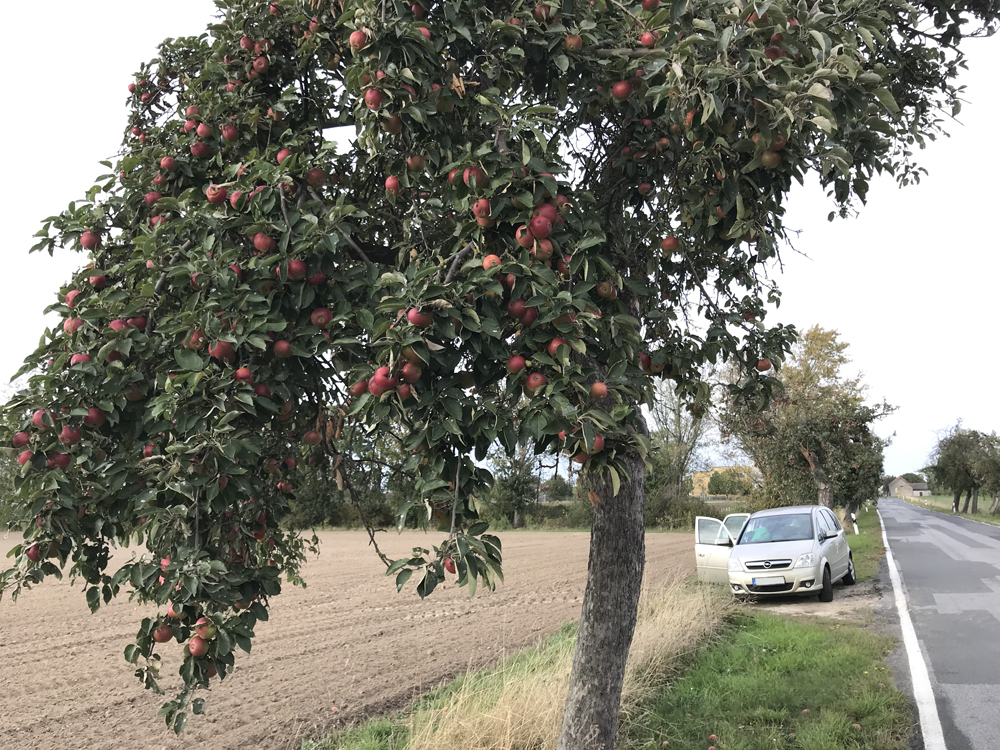Better a bad mother than a good caregiver
The child's view according to Anna Freud / Dorothy Burlingham 2/2
Today the second and last (and shorter!) part of my phenomenally long (!) series "The child’s view according to Anna Freud / Dorothy Burlingham." If I haven’t shocked you enough with Part 1 and the thesis "Prefering flying attacks over being separated from the Mother", then I might succeed this time.
Mind you, it is not about my point of view, but about the perception of the two psychoanalysts, who looked after children who had been evacuated from the bombing of London, but therefore had to live without their parents for a long time. Freud / Burlingham wrote the following about the shock of children being separated from their mother*:
"Die Reaktion der Kinder ist noch schwerer verständlich, wenn man bedenkt, dass viele der in Betracht kommenden Mütter weit davon entfernt sind, ideale Mütter zu sein."
"The children’s reaction is even more difficult to understand, considering that many of the eligible mothers are far from being ideal mothers."
(35 and 528, respectively)
Well, what does it mean "to be far from ideal mothers?" Maybe they were not ideal, but at least they were good. Or at least good = C, or at least passable = D. No, the two authors continue one page later with a statement where I would talk about "catastrophic = school grade E"!
"Die Erfahrung zeigt, dass kleine Kinder sich auch an Mütter klammern, von denen sie schlecht, ja sogar grausam behandelt werden."
"Experience shows that young children also cling to mothers who treat them badly, even cruelly."
(35 and 529, respectively)
That’s crazy, isn’t it? But that’s true! So, to repeat myself (see last article): I do not mean that children should stay with cruel mothers. But this does not mean that the child still does not feel longing and homesickness for this cruel mother. And since this was now a double "not", here again put more simply:
A child still longs for its mother, even if she has treated it cruelly. This may not be rational, and a non-participant may shake his head about it, but that’s the way it is. And I ask you and me to respect this feeling of the child. Even in this case, it’s okay for the child to be sad and to long for his mother. Again, this does not mean that children should remain with cruel mothers, but they may long for their mother. They may long for her!
---
* Anna Freud / Dorothy Burlingham: Kriegskinder, in: Dies.: Heimatlose Kinder. Zur Anwendung psychoanalytischen Wissens auf die Kindererziehung, (Erstausgabe in deutscher Sprache, London 1949) Frankfurt 1971, 1-61, hier: 35; Nachdruck: Kriegskinder. 12. Bericht . Januar 1941 (Zusammenfassung über die Arbeit des ersten Jahres), in: Anna Freud in Zusammenarbeit mit Dorothy Burlingham: Kriegskinder. Berichte aus den Kriegskinderheimen »Hampstead Nurseries« 1941 und 1942 (Die Schriften der Anna Freud. 2. 1939–1945), München 1980, 496-561, hier: 528 bzw. 529. - Translation of the original German text into English by me.
Write a comment
Comments
No comments are available for this article at the moment.Top articles




